Dubai has become one of the world's leading financial centers and attracts internationally active investors, entrepreneurs and landlords. A bank account in this financial hub is particularly crucial for non-resident investors who want to invest in Dubai or rent out real estate. In this article, you'll find out how you can open a bank account in Dubai as a non-resident and why this can be of great importance to you.
Why a bank account in Dubai is essential for investors
Dubai offers numerous benefits for real estate investors and companies, including a stable economy, access to capital markets and a tax-friendly environment in the United Arab Emirates (UAE). For non-residents who want to invest in or manage real estate, a bank account in Dubai is becoming essential. It not only enables rent payments to be processed efficiently, but also ensures that all financial transactions are carried out securely, transparently and in accordance with legal requirements.
A bank account in Dubai provides access to stable and modern banking that is ideal for managing real estate assets and corporate accounts. Especially for expats and international investors, Dubai offers a variety of banks that offer accounts tailored to their needs. The advantages are obvious: In addition to quick banking transactions and IBAN-enabled accounts, users benefit from tax advantages, as there is no income tax on rental income or capital gains in Dubai. In addition, multi-currency accounts make it easier to process international transactions, while excellent connections to global trading centers provide additional support for trading and asset management.
Requirements for opening an account in Dubai as a non-resident
Opening a bank account in Dubai as a non-resident is easy if you meet the right requirements. However, there are some important aspects and requirements that you should know before you submit the application.
Age requirement and proof of identification
You must be at least 18 years of age to open a bank account in Dubai. The first step is to present your passport as proof of identification. In addition, many banks require proof of address from your home country to confirm your identity. This can be a utility bill certificate or a rental certificate.
Proof of income and purpose of opening an account
For non-residents who want to invest in or manage real estate, banks also require proof of income. This can be done through corporate documents, a declaration of income, or evidence of assets. Especially when opening a company account for real estate investors or landlords, people often ask about the purpose of the account — for example to manage rental income or transactions in the real estate sector.
The best banks for non-residents in Dubai
Dubai is known for its variety of banks in the UAE, which offer banking services specifically tailored to international investors. Choosing the right bank is crucial to obtain the best possible conditions for your financial needs.
Emirates NBD, Mashreq Bank, ADCB and Standard Chartered: Top addresses for non-residents
Some of the leading banks for foreigners in Dubai include Emirates NBD, Mashreq Bank, ADCB, and Standard Chartered. These banks offer a wide range of accounts that are great for real estate investors and entrepreneurs. Multi-currency accounts are particularly important for investors who regularly make international transactions.
These banks offer flexible solutions for non-residents and make it possible to manage various currencies such as AED, USD and euros in one account. This helps to minimize exchange fees in international transactions and makes it easier to manage rental income or real estate purchases in various currencies. In addition, many banks offer a user-friendly website and online banking services that make it easier to access banking transactions worldwide.
Important criteria for choosing the bank
Before choosing a bank, you should consider the following criteria:
- Fee structure: Pay attention to account maintenance fees, transfer fees, and minimum balance requirements.
- Customer support: Check whether the bank provides good support for international clients, particularly with regard to real estate investments and corporate banking.
- Specializing in non-residents: Some banks offer services specifically tailored to non-residents, such as simpler account opening processes and the option to open offshore accounts.
Step-by-step guide to opening an account in Dubai
Opening a bank account in Dubai follows a clearly structured process. The following is a step-by-step guide that will guide you through the entire process.
Step 1: Select the right bank and account
First, you should choose the right bank for your needs. Some banks offer private accounts for everyday use, while others specialize in corporate accounts or multi-currency accounts. Remember what features you need to efficiently manage your real estate investments, corporate transactions, and rentals.
Step 2: Prepare the required documents
To open an account, you must have the following documents ready:
- Your passport.
- A proof of address (e.g. a utility bill or rental agreement).
- A proof of income (e.g. through an income declaration or company documents).
- If required, evidence of real estate investments or rental agreements.
- Depending on the bank, a residence visa or an Emirates ID may also be required.
- A UAE number is also required in most cases to activate and use the account.
Step 3: Make an application and interview
The application to open an account is made either online via the bank's website or in person at the bank branch. In the application, you must provide information about the origin of the funds and the purpose of the account. Some banks require you to conduct an interview to verify the origin and use of the money.
Step 4: Account activation and usage
After successful verification and approval, your account will be activated and you will receive access to online banking as well as a bank card, which makes it easier for you to access banking services. Personal presence at the bank may be required depending on the bank and account type.
Dubai bank account fees and charges
When opening an account, you should pay attention to the bank's fee structure. In addition to set-up fees, many banks charge monthly account maintenance fees, which can vary from bank to bank. International transfers may also incur additional fees, particularly for cross-border transactions.
Key points about the fee structure:
- Account maintenance fees: Some banks offer accounts without monthly fees, while others charge fees.
- Transfer fees: If you need to make international payments regularly, you should pay attention to the fees for international transfers.
- Minimum balance requirements: Make sure you meet the minimum account requirements to avoid additional fees.

.svg)

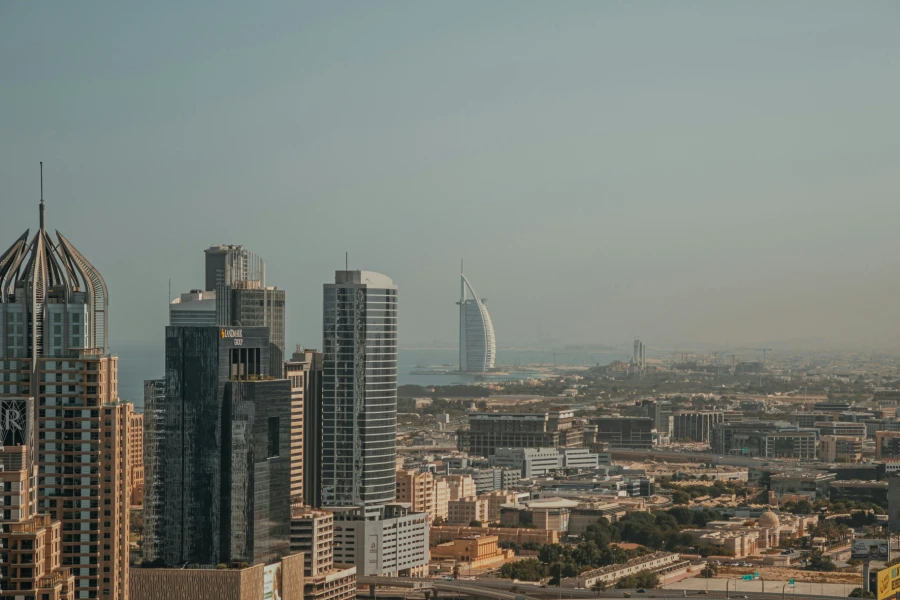



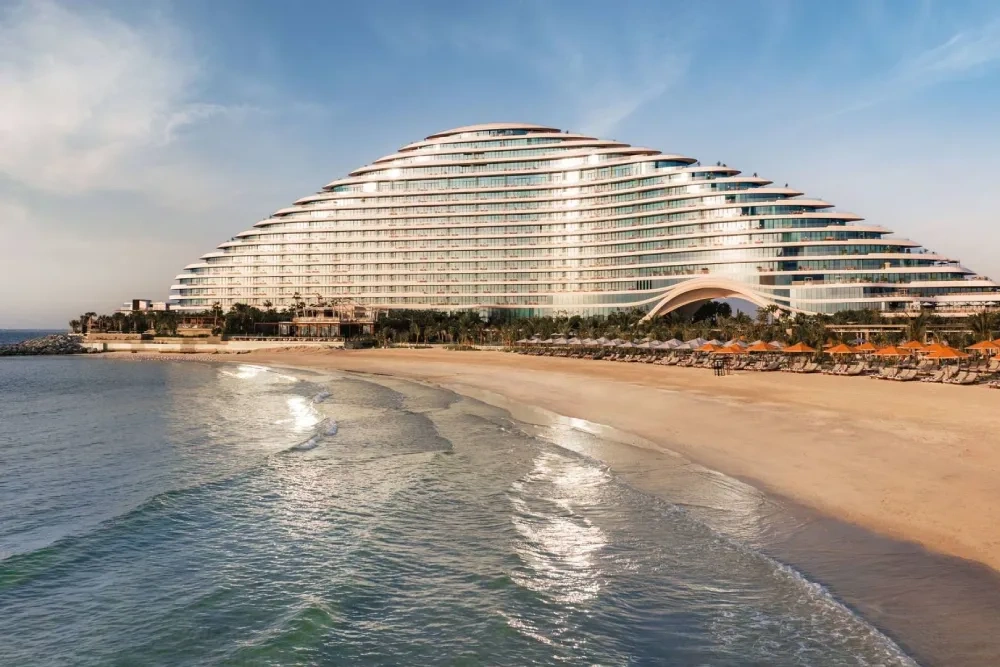




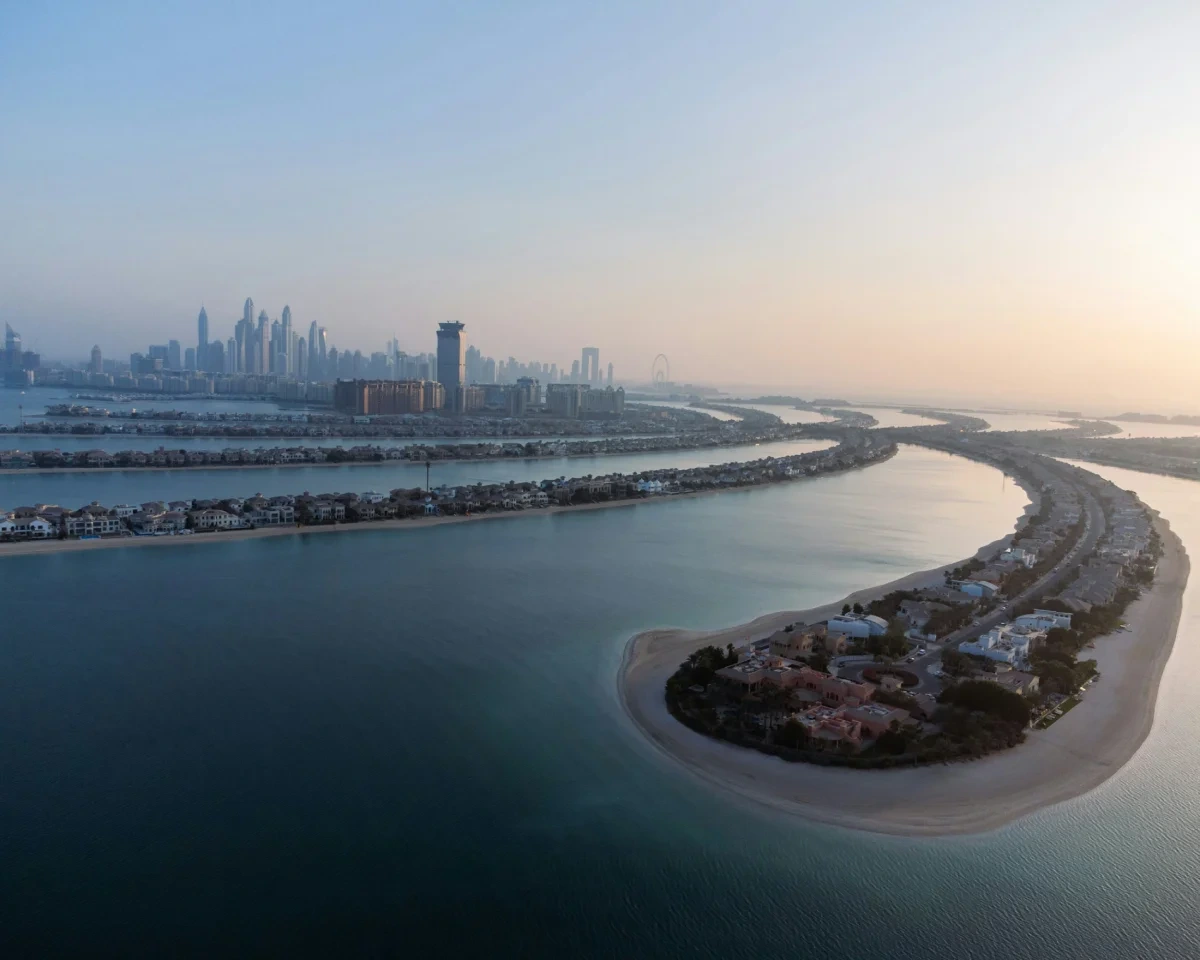

.webp)

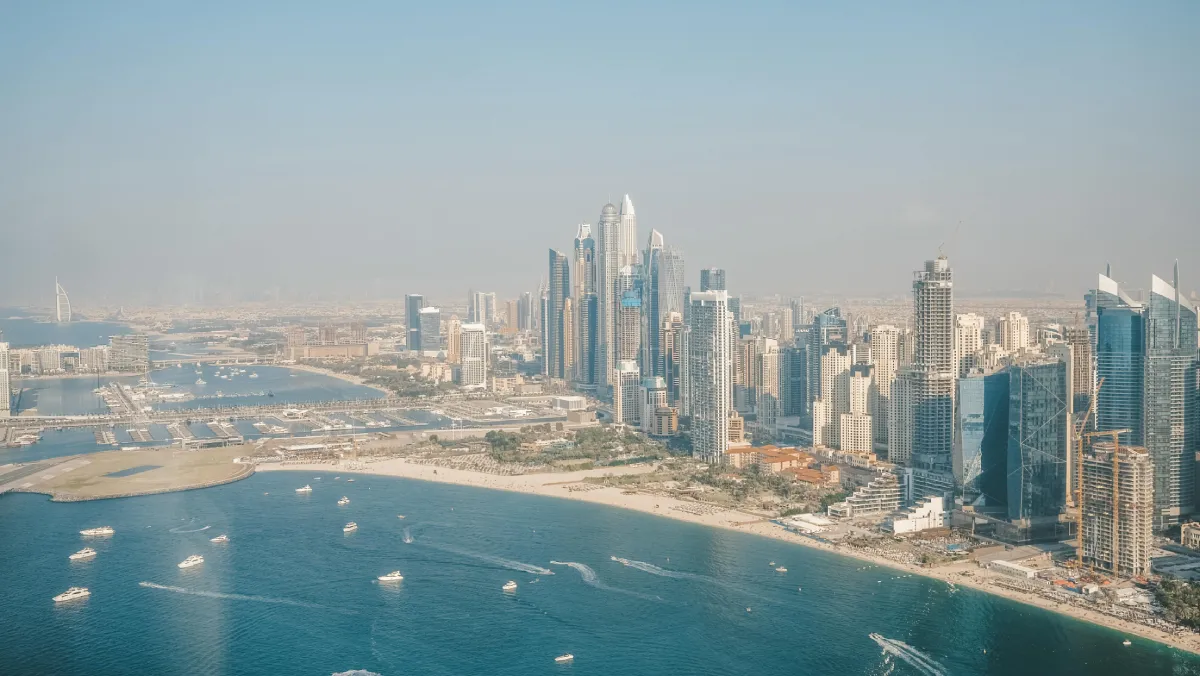





.webp)


.webp)
.webp)




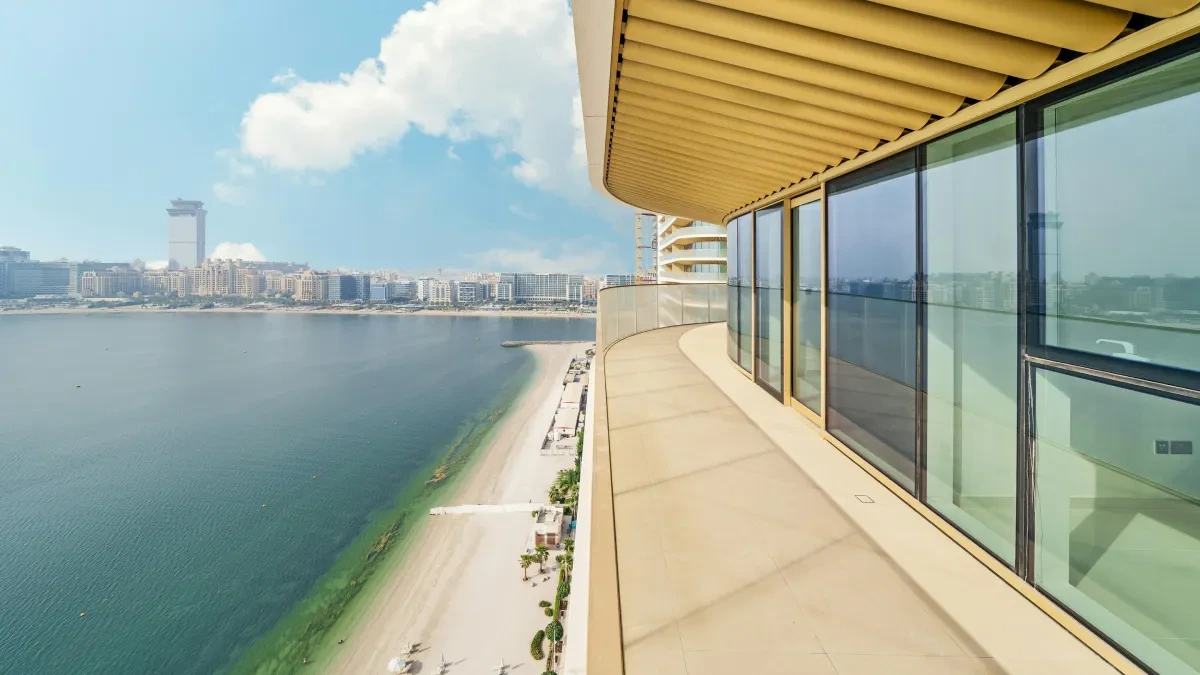









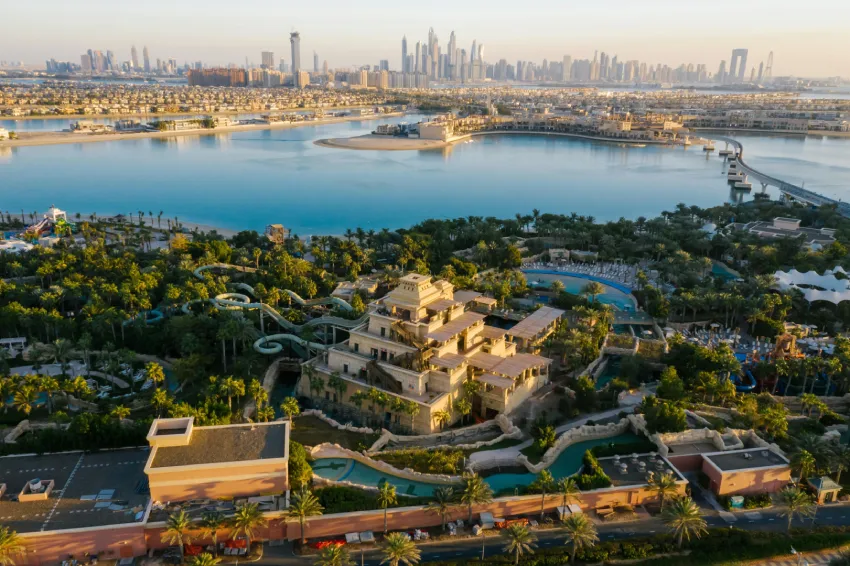




.webp)
.webp)
%20(2).jpg)



